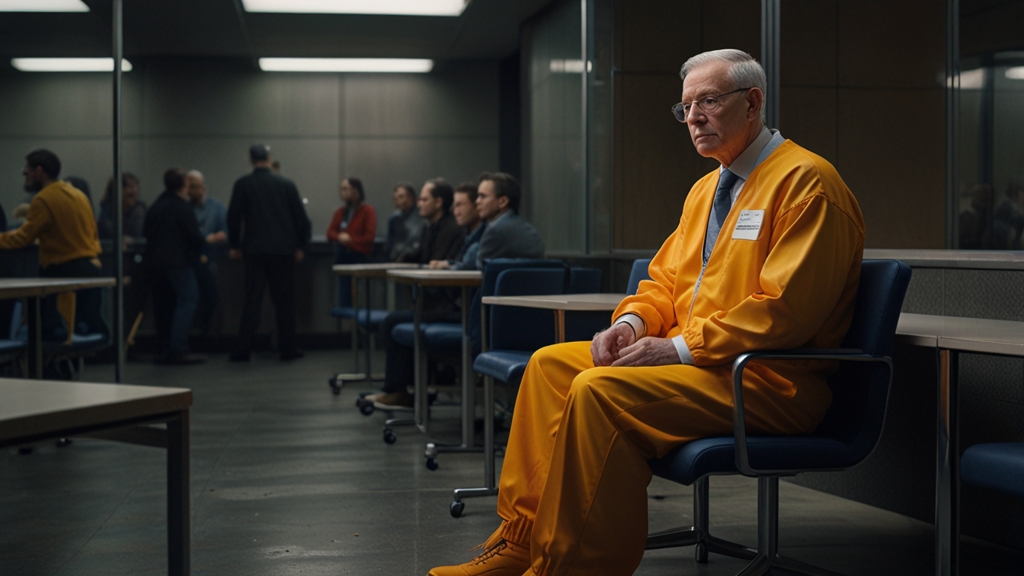The Role of Media in Shaping Public Opinion During the Vietnam War
The Vietnam War, extending from 1955 to 1975, was one of the most complex and contentious conflicts in American history. Unique among conflicts, it was the first war to be extensively televised, bringing the brutal realities of combat into the living rooms of ordinary Americans. The media's role in shaping public opinion during this period cannot be overstated. From the reportage of frontline battles to the harrowing images of civilian suffering and the contentious anti-war protests, media coverage played a pivotal role in influencing the public's perception of the war.
The Emergence of Television Journalism
During the early stages of the Vietnam War, the American media predominantly reported stories that aligned with the government's optimistic portrayal of the conflict. As television became a primary source of news, its powerful visual impact began to shape public opinion more profoundly than printed words ever could. The American public was no longer reliant solely on newspapers and radio; they could now see the war unfold before their eyes.
"Television brought the brutality of war into the comfort of the living room. Vietnam was lost in the living rooms of America—not on the battlefields of Vietnam." - Marshall McLuhan
This unprecedented coverage meant that atrocities, such as the My Lai Massacre, where hundreds of Vietnamese civilians were killed by U.S. soldiers, were broadcast directly to the American public. Such graphic reporting contributed significantly to the growing anti-war sentiment.
The Impact of Photographic Journalism
While television played a crucial role, photographic journalism also had a significant impact. Iconic images, such as Eddie Adams' photograph of the summary execution of a Viet Cong prisoner by a South Vietnamese officer, and Nick Ut's photo of a young girl fleeing napalm bombings, crystallized the horrors of the conflict in the public consciousness. These images became symbols of the war's brutality and significantly swayed public opinion against the conflict.
"It is generally agreed that the turning point in American public opinion came in 1968, as media coverage of the brutal reality of the Tet Offensive brought home the war's true cost." - Vietnam War historian
Media and the Anti-War Movement
The media didn't just influence those watching at home; it also galvanized the anti-war movement. Extensive coverage of protests, such as the March on the Pentagon in 1967 and the moratorium marches in 1969, helped to amplify the voices of dissent. Journalists and reporters played an active role, not just as neutral observers but often as participants in the dialogue around the war.
The Pentagon Papers, leaked in 1971, revealed that successive U.S. governments had misled the public about the war's progress and prospects. The publication of these documents by The New York Times and The Washington Post further eroded public trust in the government and increased opposition to the war.
The Media-Government Relationship
The evolving relationship between the media and the government during the Vietnam War highlighted the media's role as both a participant in and a watchdog of democracy. Initially, the media largely supported government narratives. However, as the war dragged on and more reporters questioned official statements, a shift occurred. Investigative journalism began to uncover discrepancies between what was happening on the ground and what the public was being told.
This shift was exemplified when CBS news anchor Walter Cronkite, often called "the most trusted man in America," declared in 1968 that the war was unwinnable. His statement marked a watershed moment, highlighting the growing skepticism among journalists and the public alike.
"To say that we are mired in stalemate seems the only realistic, yet unsatisfactory conclusion." - Walter Cronkite
Conclusion
The media's coverage of the Vietnam War played a crucial role in shaping American public opinion. Through groundbreaking television journalism and powerful photographic images, the media brought the war's brutal realities into American homes. This coverage, coupled with investigative journalism and the reporting of anti-war protests, helped to turn public sentiment against the conflict, ultimately influencing the course of American policy. The Vietnam War forever changed the relationship between the media, the public, and the government, underscoring the media's power to influence and shape public opinion.









